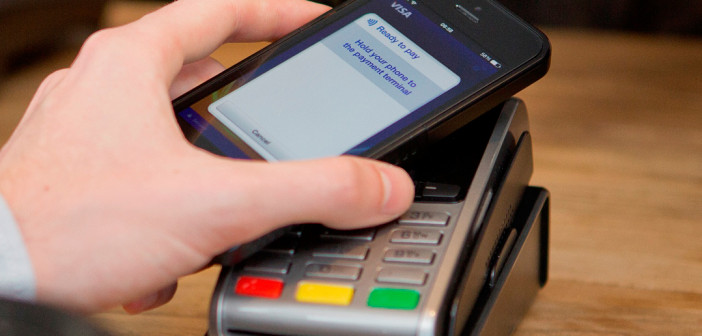By Martin Warwick, FICO’s fraud chief in Europe, Middle East and Africa
Card fraud is increasing in the UK, and for that we can partly blame our love affair with mobile. We consumers are getting more confident and reliant on convenience technology, but criminals are too.
Even with the improvements in anti-fraud technology, the dangerous reality is that attackers are evolving faster than technology providers can anticipate; fraudsters only have to get it right once, while the defenders have to upkeep 100% security 100% of the time.
We are gradually introducing mobile payment into all aspects of our lives, from ordering a taxi on Uber to booking a hair appointment on Wahanda, or even getting our clothes ironed through Laundrapp. We have more instant digital access allowing us to pay for services remotely than ever before, which is making life simpler and more efficient. With remote access comes a higher risk of vulnerability, and many consumers are unaware of the best ways to protect themselves from cyber criminals.
UK leading the way
When it comes to online payments the UK is leading the way, with 44.4% of online payments coming from mobiles and 43% of British consumers now using a smartphone banking app [Adyen]. A study we did last year showed that more than half of consumers in the UK and US wanted to use a mobile app to control banking transactions and the amount of money allowed on their cards.
This is positive, but, as technology-savvy as consumers are, many are not as aware of the potential pitfalls. For example, UK card fraud losses rose by £29 million in 2014, a 6% rise on the previous year. Clearly consumers are leaving themselves exposed to fraud attacks as they make more and more transactions on mobiles.
Consumers need to be mindful of where the dangers are and how criminals are reaching them, but it’s not just consumer inexperience that has contributed to the rise. The majority of last year’s fraudulent transactions were due to cross-border fraud, of which 47% took place in the US, a pattern that seems related to the delay in US adoption of EMV technology (Europay, MasterCard and Visa’s technical standard for smart payments).
With the US finally adopting EMV this year, this is likely to change. The liability change – aimed at curtailing counterfeit card fraud – has triggered a tremendous shift in attitudes, processes and technologies. Primarily, US merchants will now favour cards with chips over cards that just have mag stripes, which is much safer and should reduce fraud levels.
Looking for the weakest link
Banks in the UK and most of Europe adopted EMV technology years ago, so it may appear that they have little to worry about from the US’ late adoption. However, once EMV has been introduced, criminals will pursue the next weakest link so UK consumers could be at risk.
FICO has tracked card fraud across Europe for years, and the latest results can be found in our report on European card fraud trends. Different countries’ defences against fraud, banks’ adoption of powerful analytics, and their use of EMV technology have pushed fraudsters from one type of fraud to the next, crossing borders to find easier targets as EMV strengthens protection in the US, criminals will be looking for the next lucrative opportunity. Fraud that once ‘migrated’ over to the US may return to the UK.
As much as these statistics are a cause for concern, the increase in UK fraud is in no way comparable to the expansion of card transactions. For example, ecommerce spending in the UK more than doubled between 2008 and 2014, but CNP fraud losses have grown just 1% in that time.
Overall we are winning the war on global fraud. Moving forward, we can expect to see device authentification – giving your mobile phone a “trust rating” – and security checks when using a new device for the first time.
If consumers continue to stay aware of the risks involved with online payments, and financial service providers maintain focused, we can all help keep fraud rates low and consumer payments safe.
FICO is an analytics software company, helping businesses in 90-plus countries make better decisions that drive higher levels of growth, profitability and customer satisfaction. The company’s use of Big Data and mathematical algorithms to predict consumer behaviour has transformed entire industries.





